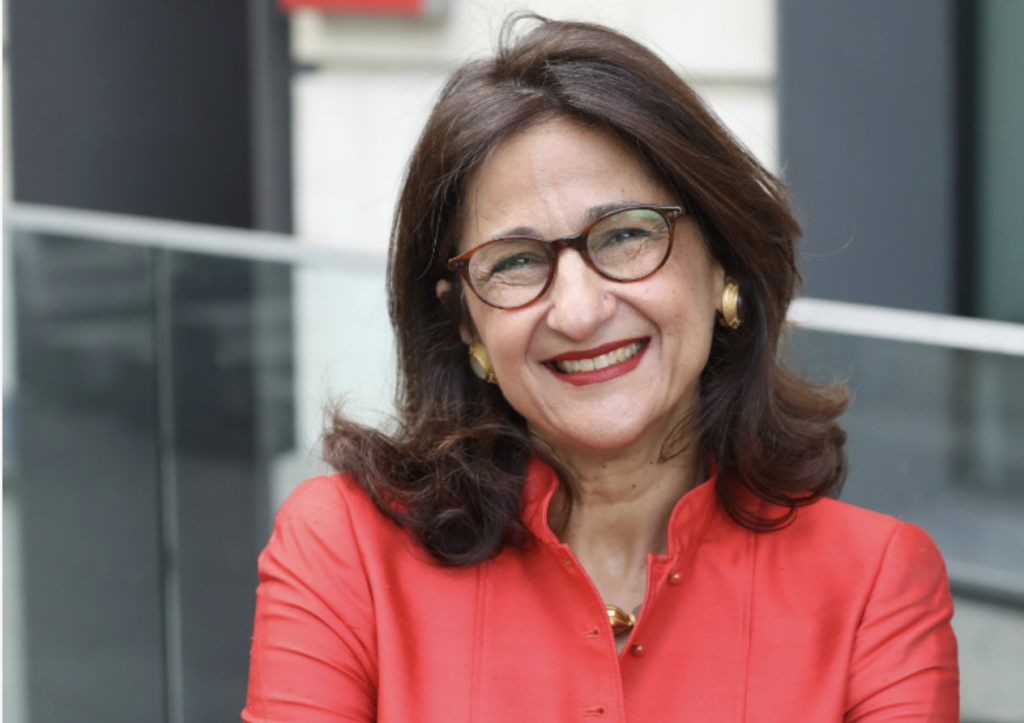Open letter to Minouche Shafik of the LSE

Members of the Open University Gender Critical Research Network have written to Baroness Minouche Shafik, Director of the London School of Economics, to ask for an independent review into the LSE’s Department of Gender Studies.
Sex Matters joins them in calling on the LSE to launch an independent investigation into the culture of the Department of Gender Studies and to make a commitment to ending the hostile environment for students and staff espousing gender-critical views.

“I have always understood equality as not about demanding ‘more’, but rather being entitled to the same.”
Baroness Minouche Shafik, Director of the London School of Economics
Open letter to Baroness Minouche Shafik, Director of the London School of Economics (LSE)
Dear Baroness Shafik,
Last year, the LSE Gender Studies department published a defamatory open letter demanding that the Open University withdraw institutional support from the Open University Gender Critical Research Network (OUGRN). This attack on scholars who believe that sex matters was led by Dr Jacob Breslow and his mentor Professor Clare Hemmings. Breslow has subsequently been forced to quit as a trustee for the trans youth charity Mermaids following revelations regarding his links to a paedophile-apologist organisation. Breslow’s colleagues would already have known that he was using his academic position to defend paedophilia. It was also revealed last year that students at the department were encouraged to applaud sexualised threats against women who dissent from gender identity theory.
As members of the OU Gender Critical Network, we have to date received no apology (public or otherwise) from the LSE, nor any proper explanation for the publication of the open letter defaming us on the LSE website. There are outstanding questions for the LSE to address.
- How was it possible for the open letter attacking the OU Gender Critical Research Network to appear on the LSE website? What was the role of the head of department, Wendy Sigle, and others in the LSE administration in facilitating this?
- What steps, if any, has LSE taken to ensure that LSE staff and students who hold the protected belief that sex matters are able to carry out their work free from harassment and intimidation? This includes those members of the LSE Gender Studies department who dissented from the open letter against the Open University network, but were too intimidated to say so in public.
LSE is a fine university with an outstanding reputation in the social sciences. However, the Gender Studies department appears not to uphold the values of science, debate, academic freedom and scholarship which most LSE academics hold dear.
Since 2021, Sex Matters has been calling for the LSE to investigate the culture of the Department of Gender Studies and to commit to end the hostile environment for students and staff espousing gender-critical views. The Forstater case has established that the gender-critical view – that sex matters – is a protected belief under the Equality Act. We suggest that it is now urgent that an independent review be commissioned, and its findings made public.
Signed, members of the Open University Gender Critical Research Network
Professor Alice Sullivan, University College London
Kathleen Stock, OBE
Dr Jon Pike, Open University
Professor Jo Phoenix, University of Reading
Dr Hannah Marston, Open University
Dr Holly Lawford Smith, University of Melbourne
Professor Rosa Freedman, University of Reading
Dr Jessica Evans, Open University
Becky Devlin, Open University
